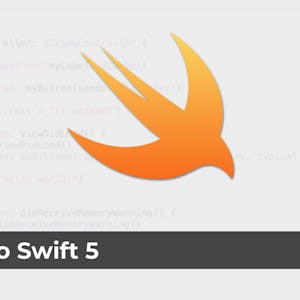Libertarian Free Will
About this Specialization
Yes, we have free will! This Specialization will explore Libertarian Free Will and discuss philosophical arguments and neuroscientific evidence for and against its existence.\\n\\nIn this Specialization, we will dismantle arguments against free will, both from a philosophical and neuroscientific perspective. In supporting free will, we will tour philosophy, physics and neuroscience. We will rethink the neural code and discover that evolution has discovered a middle path between determinism and chance. We will learn about the amplification of quantum domain indeterminism up to a level of indeterminacy in neural spike timing. We will see that outcomes that arise from internal operations in working memory, that afford imagination and deliberations about the future, can alter probabilities of future courses of action. I will argue that evolution has instantiated these conditions necessary for Libertarian Free Will in our brains. Indeed, evolution has afforded us two kinds of Libertarian Free Will, one that we share with other animals, namely, the ability to weigh and select from among internally simulated options, and the other, unique to humans, namely, the capacity to imagine and then set about becoming of a new kind of chooser in the future.Created by: Dartmouth College

Related Online Courses
Understanding how to eat healthy can be daunting, especially when presented with unfamiliar science. Learn and apply everyday nutrition concepts to your lifestyle to get the most out of what you... more
This Professional Certificate is intended to help you develop the job-ready skills and portfolio for an entry-level Business Intelligence (BI) or Data Warehousing Engineering position. Throughout... more
This specialization is intended for people interested in politics and international affairs. You will learn about the United States and how its history, culture, politics, and foreign policy leave... more
This program is intended for anyone who wants to learn how to develop Apps using Swift and iOS. Through four courses, you will learn topics beginning with the absolute basics and ending with... more
This course offers a foundational journey into the world of Generative AI (GenAI), setting the stage for a comprehensive learning path that delves into the nuanced, role-specific applications of... more








